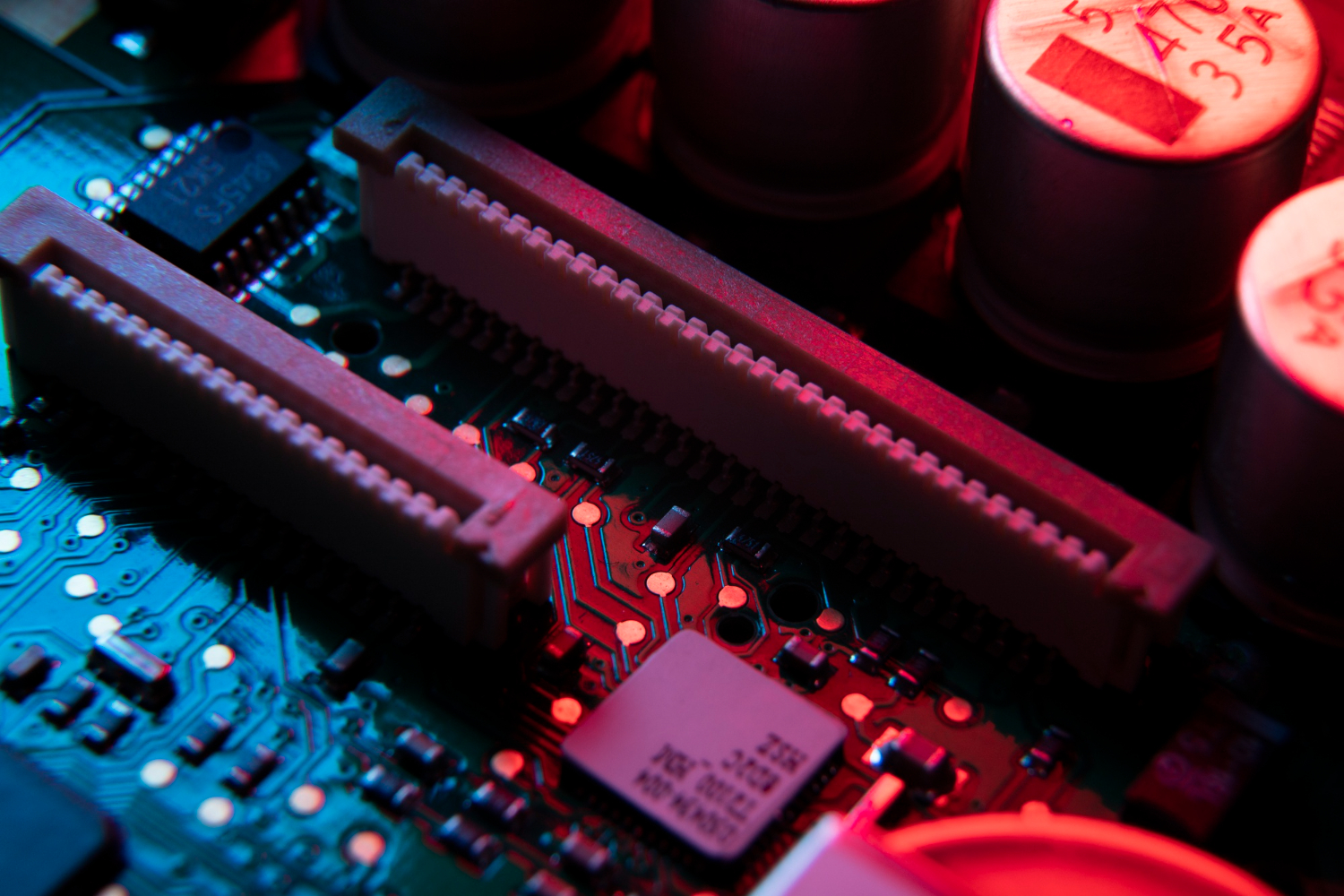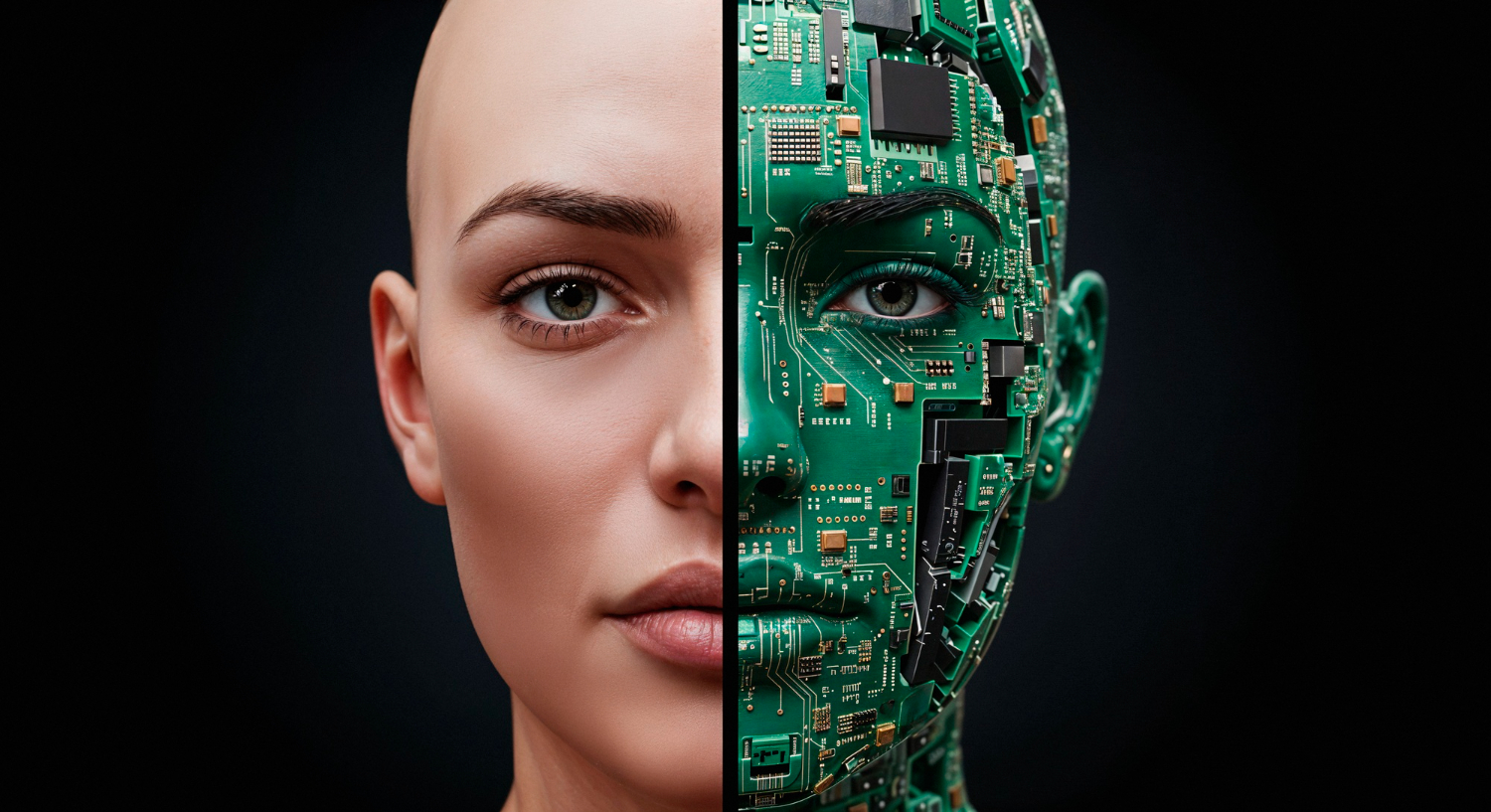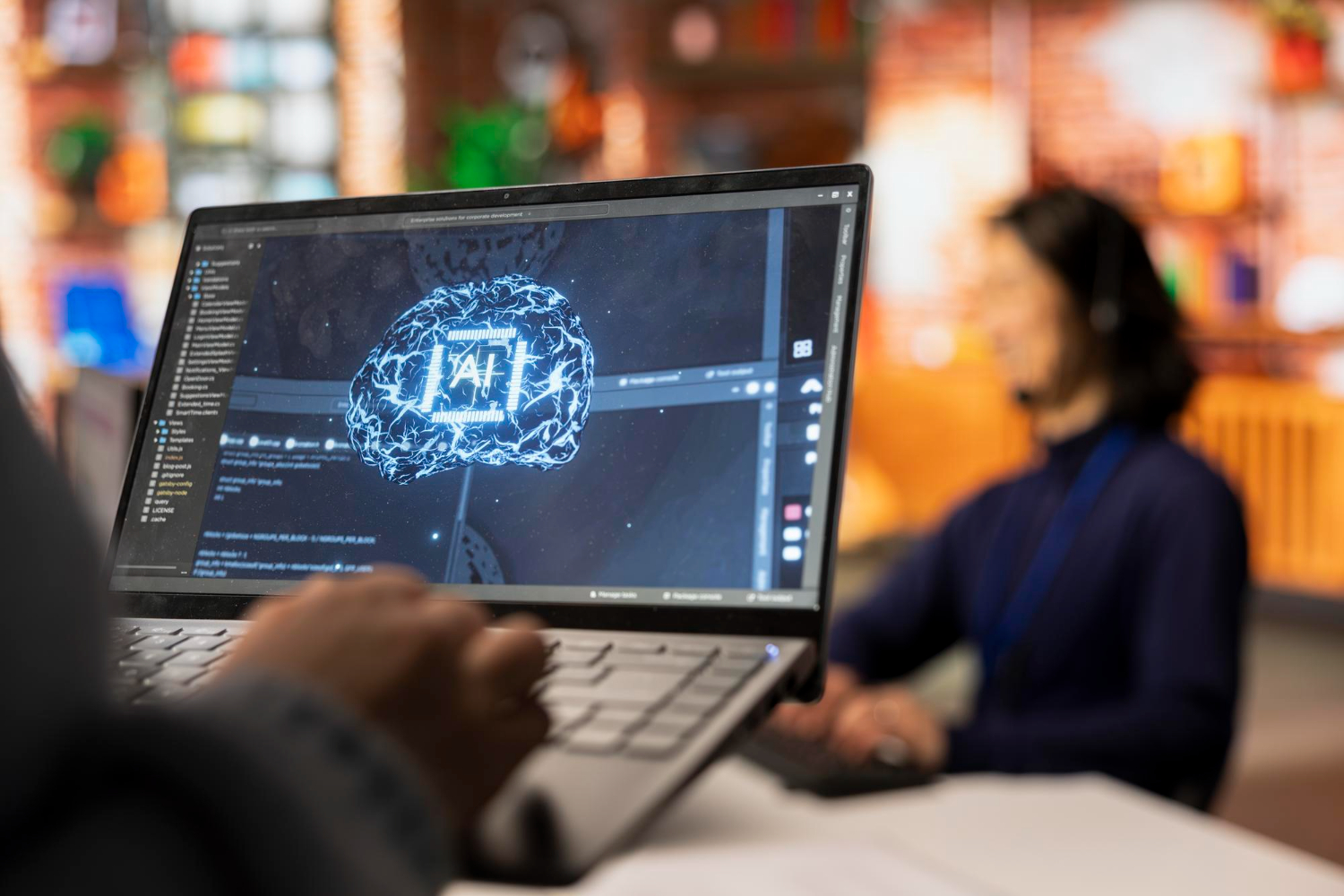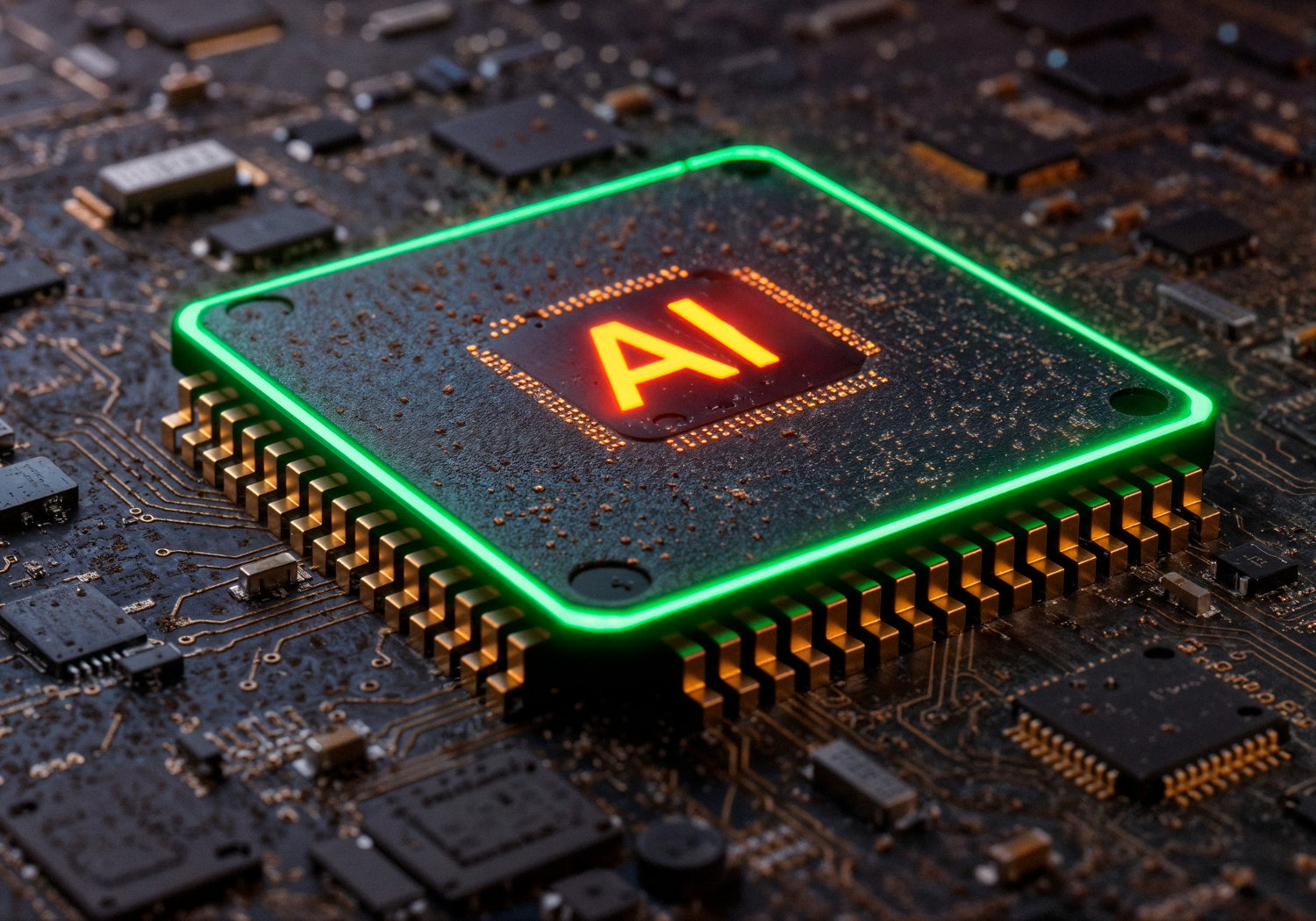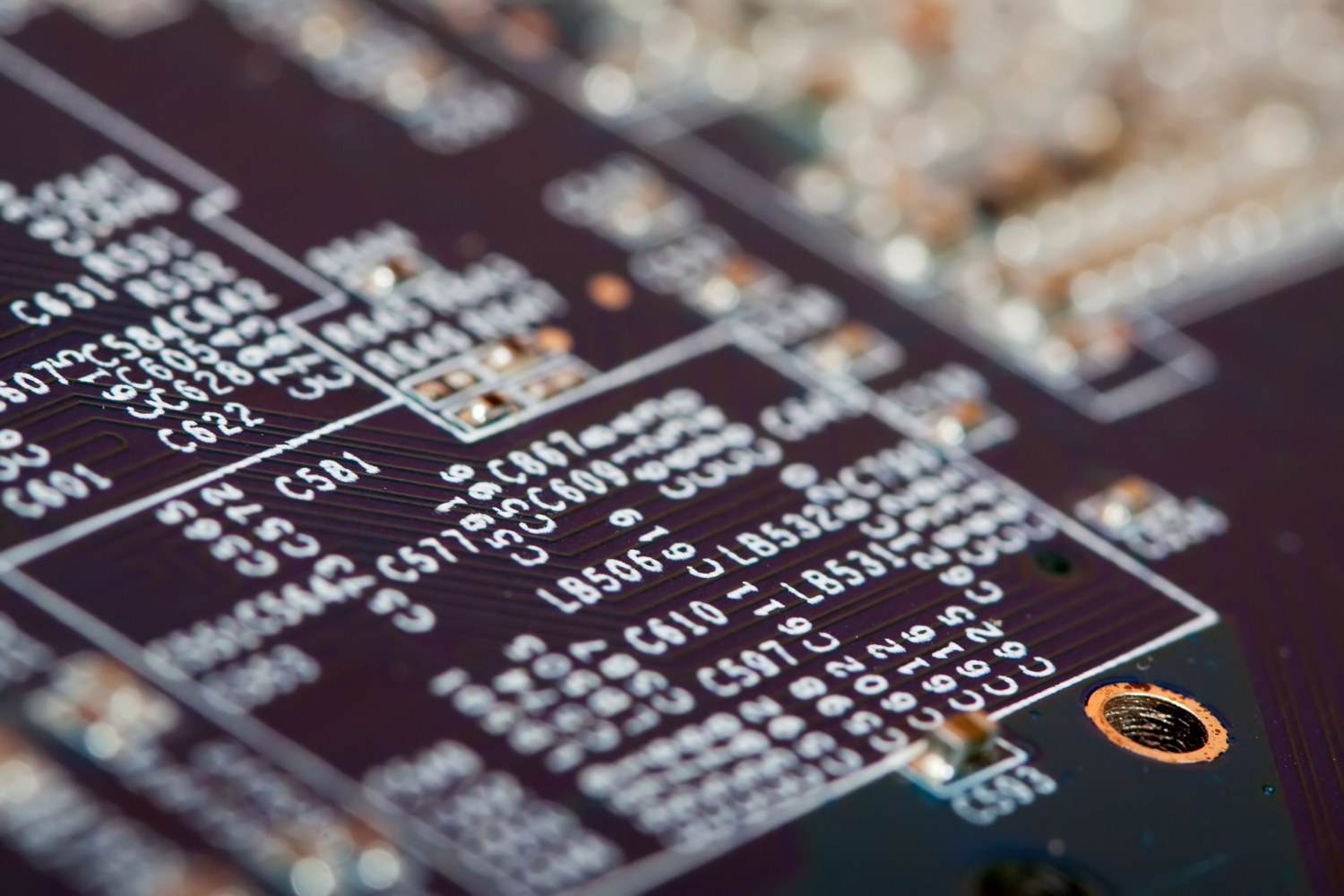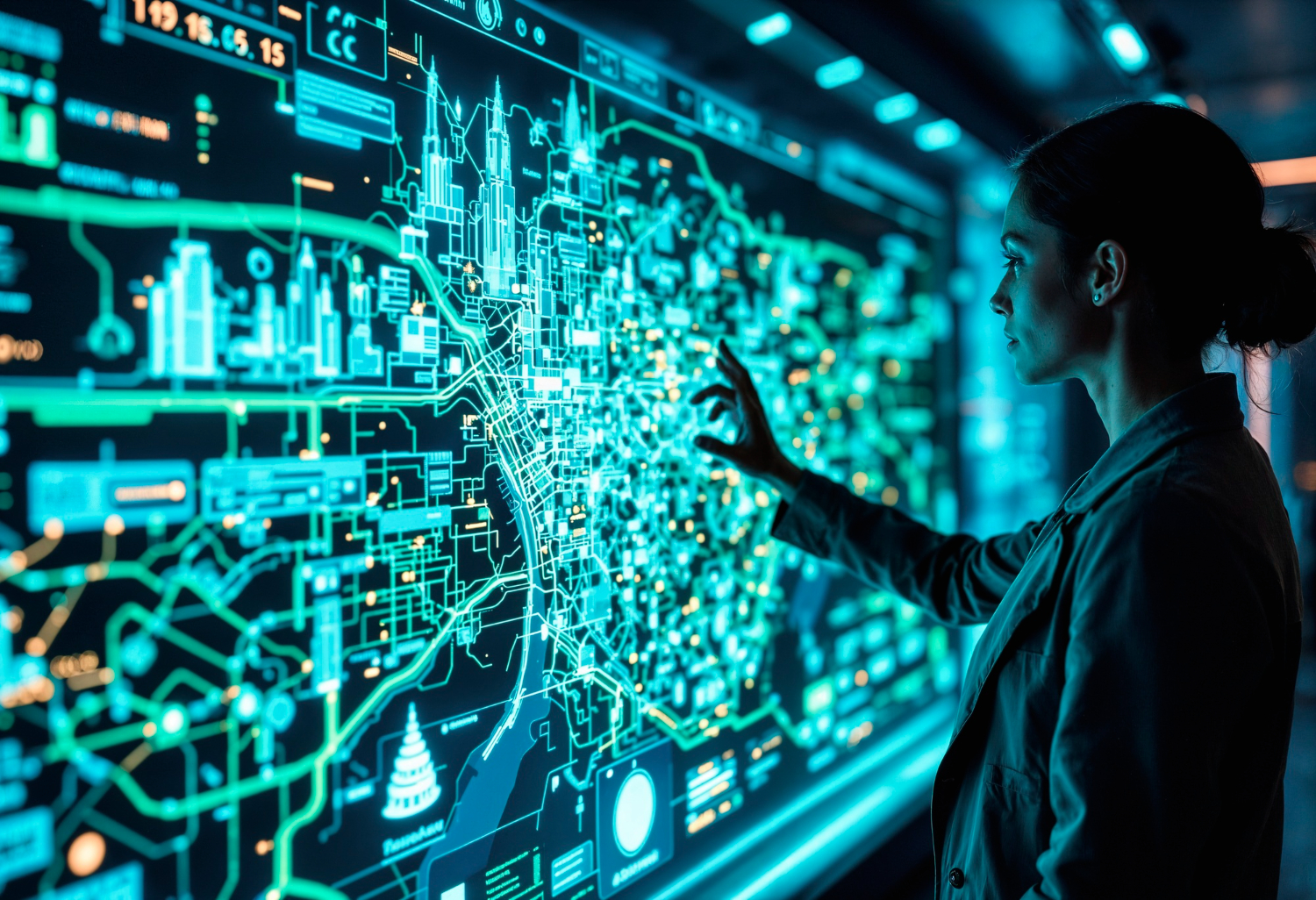At TechnoLynx, we believe that technology, especially artificial intelligence (AI), holds immense potential to create meaningful change. AI development has transformed various industries and is already making a remarkable impact on society and the environment. At the heart of these advancements, innovative tools like the one developed by Aistetic, a spinout from the University of Oxford, demonstrate how AI can serve the greater good. This tool uses body scanning technology to provide accurate clothing measurements, enabling a more efficient and sustainable approach to fashion.
Aistetic’s AI tool, designed to work with any online shopping website, lets users measure their bodies quickly and accurately, ensuring they get the right clothing size each time they shop. The process takes just three minutes, delivering precise sizing information tailored to each retailer.
This accuracy significantly reduces return rates, an outcome that benefits both businesses and the environment. With fewer returns, the fashion industry can cut down on waste and energy consumption, lowering its carbon footprint. Every returned item in online shopping produces around 4.2 kg of carbon emissions. Reducing return rates by up to 30% directly impacts these emissions, contributing to a more sustainable future.
The positive impacts of AI go far beyond just the fashion industry. Across various sectors, AI-driven solutions help solve environmental challenges and improve quality of life.
In agriculture, for instance, AI systems optimise water and fertiliser usage, boosting crop yields while preserving resources. Advanced algorithms can analyse soil conditions, weather forecasts, and crop requirements, guiding farmers in making data-driven decisions.
These AI tools assist humans in managing resources more efficiently, benefiting communities that rely heavily on agriculture.
AI has also transformed the supply chain industry. Machine learning models can predict demand more accurately, allowing companies to manage inventory and reduce waste. In doing so, businesses avoid overproduction, which can lead to excessive waste and environmental harm.
This also helps streamline the movement of goods and services, making the supply chain more efficient and less resource-intensive. AI-driven innovations in this sector contribute to a greener, more sustainable supply chain model that benefits businesses, consumers, and the environment alike.
The United Nations recognises the potential of AI in addressing global challenges. Through various initiatives, the UN encourages AI research and application to solve pressing issues such as climate change, poverty, and inequality. AI’s positive impact on society is clear in its ability to bring advanced solutions to longstanding problems. By harnessing AI’s potential, we can take meaningful steps towards achieving the UN’s Sustainable Development Goals, improving life for millions worldwide.
Another significant area where AI makes a difference is in healthcare. Natural language processing (NLP), a branch of AI, helps healthcare professionals analyse large volumes of data. By processing medical records and research papers, NLP enables healthcare providers to make informed decisions more quickly.
This results in better patient outcomes and more efficient care delivery. Additionally, AI-driven diagnostics can identify diseases at an early stage, which increases the chances of successful treatment. These positive impacts of AI in healthcare highlight its potential to transform the industry, making healthcare more accessible and effective for everyone.
The potential impacts of AI extend to urban planning as well. In cities worldwide, AI systems help manage traffic flow, reduce congestion, and lower emissions. Smart traffic systems use real-time data to adjust traffic lights, reducing idle times and making commutes more efficient.
This not only improves air quality but also saves time for commuters. AI-based solutions in urban planning aim to create cleaner, more liveable cities, addressing issues that have arisen with rapid urbanisation.
AI development also supports renewable energy. Machine learning algorithms can predict energy demand, helping utility companies manage resources efficiently. By accurately forecasting energy needs, companies can balance supply with demand, reducing reliance on fossil fuels.
AI technologies developed for this purpose are instrumental in supporting the shift towards clean energy. Through these advancements, AI is shaping a future where renewable energy becomes more accessible and efficient, contributing to a cleaner environment.
Beyond environmental applications, AI also plays a crucial role in education. AI-powered tools personalise learning experiences for students, tailoring content to their individual needs. This enables a more inclusive approach to education, as students receive support suited to their learning styles.
The long-term benefits include improved knowledge retention and a more educated society. Additionally, AI-assisted learning tools can reach students in remote or underserved areas, breaking down barriers to education and making learning accessible to all.
The industrial revolution transformed industries by introducing new technologies, and AI is driving a similar transformation today. Through automation and intelligent systems, AI reduces the need for manual labour in dangerous or repetitive jobs. This frees up human experts to focus on tasks that require critical thinking and creativity.
In manufacturing, AI-driven robotics and automation streamline production lines, making them safer and more efficient. This shift not only improves productivity but also enhances worker safety, which has a positive impact on society as a whole.
AI’s role in environmental conservation is another area worth noting. Drones equipped with AI-powered cameras monitor wildlife populations, track illegal logging, and prevent poaching. These technologies provide valuable data, helping conservationists make informed decisions.
AI’s ability to analyse vast amounts of data quickly makes it an invaluable tool in conservation efforts, helping preserve biodiversity and protect endangered species. These initiatives reflect how AI can support both environmental and societal well-being, balancing technological advancement with ethical responsibility.
The United States and other countries actively invest in AI research to foster its positive impacts on society. By funding AI initiatives focused on sustainability and social good, these governments aim to harness the benefits of AI in ways that align with global goals. AI can help address challenges like food security, healthcare accessibility, and energy management on a large scale, promoting a better quality of life for people across the world.
However, as with any technology, AI also presents challenges. There are positive and negative potential impacts, and it’s essential to address both sides. Concerns about privacy, job displacement, and ethical use require careful consideration.
Policymakers, researchers, and businesses must work together to establish guidelines that promote responsible AI use. Ensuring transparency and accountability in AI systems can help maximise the positive impacts while minimising the negatives.
At TechnoLynx, we’re inspired by how AI continues to shape industries and improve lives. The possibilities for AI impact on society and the environment are vast, from healthcare and education to environmental conservation. Innovations like Aistetic’s body scanning tool show that AI can make everyday processes more sustainable and efficient. As we advance in AI development, we must keep ethical considerations at the forefront, ensuring AI serves humanity and the planet positively.
AI’s journey is just beginning, and its role in creating a better world grows each day. Through thoughtful application and responsible development, AI has the potential to transform society and help us meet the challenges of the future. At TechnoLynx, we’re committed to supporting AI-driven solutions that benefit people, communities, and the environment, and we look forward to a future where AI continues to bring about positive change.
Read more: AI optimising household robots!
Credits: Artificial Intelligence News







